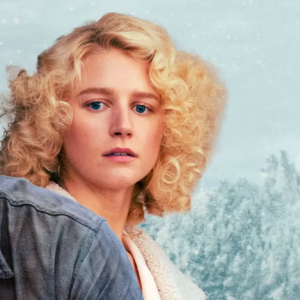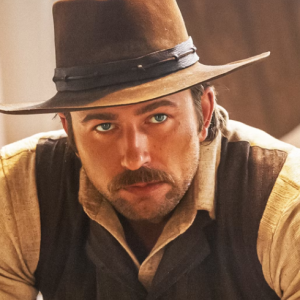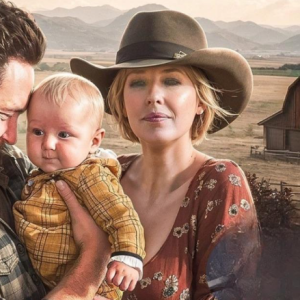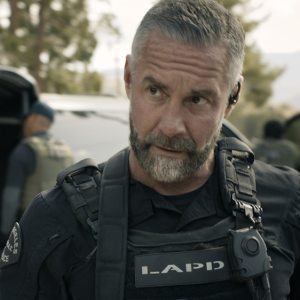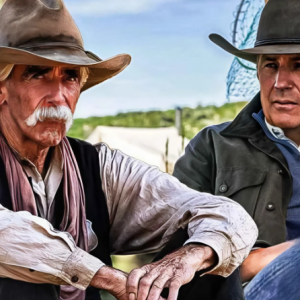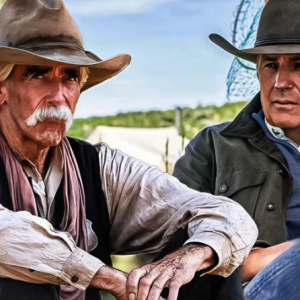When a television series builds an expansive, intricate world like Yellowstone, viewers invest deeply in its characters and narrative arcs, anticipating satisfying resolutions to the myriad conflicts and mysteries introduced. However, for a show lauded for its dramatic intensity and sprawling Western aesthetic, Yellowstone often left significant plot threads dangling, leaving a dedicated fanbase with numerous unanswered questions as the series concluded. These unresolved storylines range from major character backstories to seemingly minor but persistent continuity errors, collectively creating a sense of incompleteness that detracts from the show’s overall legacy.
One of the most prominent corporate antagonists, Willa Hayes, the ambitious CEO of Market Equities, disappeared from the narrative with surprising abruptness. Portrayed as a formidable and intelligent woman intent on acquiring the Yellowstone Dutton Ranch, Hayes was a relentless force, willing to employ vast financial resources and cunning strategies. Her downfall, masterminded by Beth Dutton through a meticulously crafted scandal that ousted her from her company, was swift and decisive. Yet, after her defeat, Willa simply vanished from the series. Given Market Equities’ persistent threat to the Duttons, the complete absence of any follow-up regarding Willa or her potential for future retaliation felt like a missed opportunity. Such a powerful character’s exit should have carried more weight or implications for the ongoing corporate battle, but instead, her arc simply concluded without further mention.
The enigma surrounding Jamie Dutton’s biological mother remains a glaring omission, especially considering the paramount importance of lineage and blood relations within the Yellowstone universe. From the outset, the show emphasized family ties and the weight of the Dutton name, leading many fans to anticipate a monumental reveal regarding Jamie’s true maternal heritage. While it was established that Garrett Randall was his biological father, the identity and background of his mother were never explored. This absence is particularly striking when juxtaposed with the detailed histories provided for other characters, and the numerous theories that speculated his mother might have been a Dutton or connected to Evelyn’s family. With Jamie’s storyline seemingly concluded, this fundamental piece of his identity, and a crucial aspect of the show’s focus on legacy, is likely to remain forever unknown.
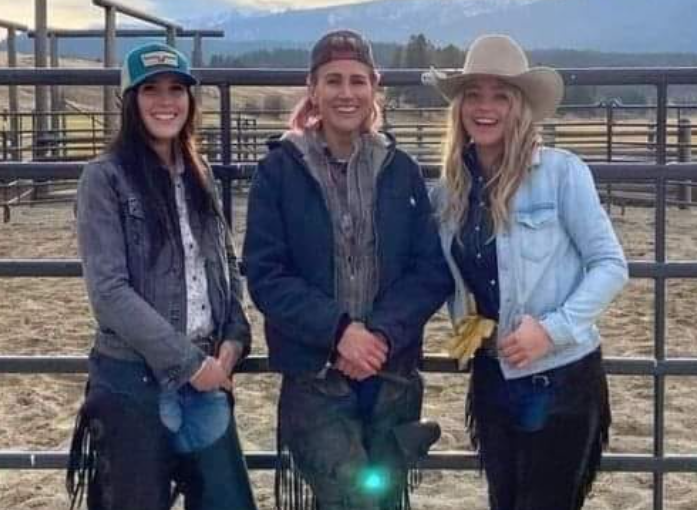
The fate of Summer Higgins following John Dutton’s death in the final season is another unresolved plotline that left viewers confused. Summer, initially an environmental activist who became romantically entangled with John, found herself under a peculiar form of “house arrest” at the ranch. After John’s passing, Beth informs her that she is free, implying John may have misled her about her legal constraints. However, given Beth’s manipulative nature, it’s equally plausible that she herself was lying. The true nature of Summer and John’s unconventional relationship—whether it was genuine affection or a peculiar form of emotional captivity—and Summer’s ultimate destination after her departure from the Dutton ranch, were never clarified. Her narrative thread, often peripheral to the main family drama, simply faded away without a proper conclusion.
The character of Cowboy, initially introduced as a potential new fixture at the Yellowstone ranch, also disappeared without explanation. Cowboy was an affable, intelligent, and generally unproblematic presence, respected for his self-reliance and genuine nature. Many viewers anticipated his role would expand, perhaps revealing a hidden past or becoming a more integral part of the ranch’s operations. However, after his initial stint of day work concluded, he simply vanished from the show. His abrupt exit felt like a squandered opportunity to introduce new dynamics or external perspectives to the ranch’s tight-knit community, leaving his brief, compelling presence feeling ultimately inconsequential to the larger narrative.
One storyline that garnered significant speculation but ultimately fizzled out concerned the alleged dinosaur bones discovered on the reservation. This intriguing premise hinted at deeper historical connections to the land and potential new conflicts over its ownership and ancient claims. The discovery of such valuable fossils should have logically spurred further archaeological investigation, treasure hunting, or at least a more comprehensive explanation of their significance. Instead, the storyline was abandoned, leaving questions about their true value, the existence of more bones, and why neither the tribes nor external parties seemed to pursue them. While potentially a metaphor for the broader themes of property and thievery on a grand scale, the lack of resolution for such a unique plot element was disappointing, especially given its potential to deepen the show’s exploration of ancestral land rights.
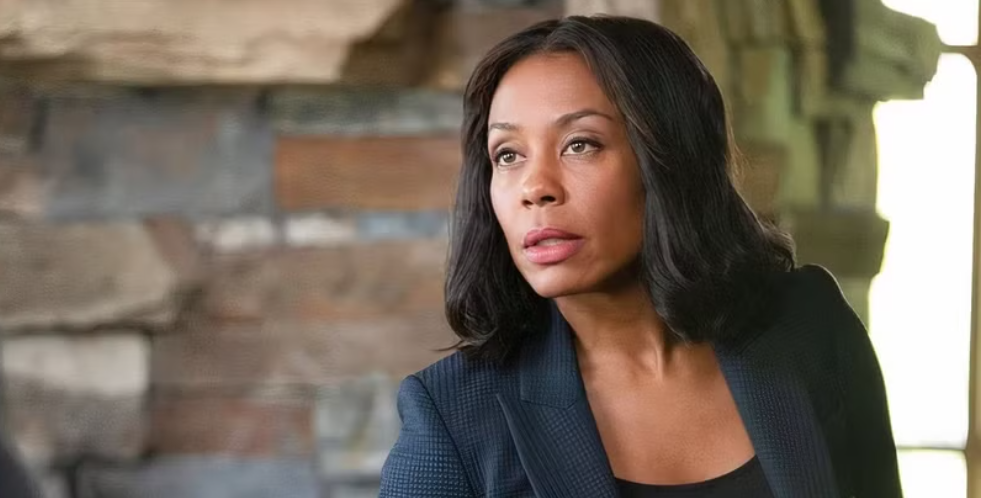
Perhaps one of the most frustrating, yet seemingly inconsequential, plot holes involves the forgotten airplane with explosives planted by Kayce Dutton in Season 2. In a tense sequence from “Enemies by Monday,” Kayce strategically places explosives in a plane belonging to the antagonistic Beck Brothers. This scene strongly implied an explosive resolution, an accidental death, or some form of catastrophic consequence. However, the Beck Brothers were ultimately dispatched by the Duttons through direct confrontation when they kidnapped Tate, and the rigged plane was never referenced or seen again. In storytelling, such a prominently featured detail is often referred to as “Chekhov’s Gun”—if it’s introduced, it must eventually be used. The complete abandonment of this plot point raises questions about the plane’s ultimate fate: did Kayce remember to disarm the bomb? Who inherited the aircraft? Could it have inadvertently caused harm later? It remains a puzzling loose end that challenges the show’s internal logic.
A scene that elicited both fascination and revulsion among fans involved Rip Wheeler opening his mother’s grave to retrieve her wedding ring for Beth. While undeniably a macabre act of devotion, intended by Rip as a deeply romantic gesture, it raised numerous unsettling questions. Firstly, why was Rip’s mother buried with a ring received from the man who murdered her? Secondly, why would Rip choose this particular, gruesome symbol of love for Beth? And most importantly, was Beth aware that her wedding ring had been on a cadaver, buried for over two decades? This shocking detail, while intended to highlight the unique and often dark nature of Rip and Beth’s bond, left a significant portion of the fandom grappling with its implications and desperate for further character exploration regarding its ethical and emotional weight.
The dramatic and tragic story of Monica Dutton’s extended family, particularly her brother Robert, his wife Samantha, and their children, effectively disappeared from the narrative. In the early episodes, Monica’s family members, including her brother, sister-in-law, and two nephews and a niece, were portrayed as close and integral to her life, often interacting with Kayce and Tate. However, after Kayce kills Robert, and Samantha tragically dies by suicide due to her inability to cope and provide for her children, their existence seemingly ceased to matter. While there was a poignant scene of Kayce and Monica bathing the orphaned children alongside Tate, the fate of these young family members was never addressed again. This oversight leaves a significant ethical plot hole, questioning the Duttons’ responsibility and the show’s apparent dismissal of the profound impact of these events on the wider reservation community.

Another noticeable continuity error that went unaddressed was the mysterious disappearance of the Yellowstone Dutton Ranch helicopter. Initially, this helicopter, prominently featuring the ranch’s logo, was a visible symbol of the Duttons’ vast wealth, power, and control over their sprawling domain. John Dutton frequently utilized it for rapid travel, land monitoring, and even medical emergencies. Its presence visually reinforced the family’s generational riches and their strategic capabilities. Yet, at some point in the series, this distinctive and valuable asset simply vanished without any narrative explanation. Its unceremonious disappearance feels like a significant oversight, trivializing its symbolic weight and practical utility, leaving viewers to wonder why such a prominent fixture would be removed without a word.
Perhaps the single most significant and problematic plot hole in Yellowstone revolves around Rip Wheeler’s complete lack of legal identity. Flashbacks established that Rip, a fugitive wanted for murdering his father after he killed his mother and brother, was taken in by John Dutton as a young man. Theoretically, Rip has no birth certificate, no Social Security number, and no driver’s license—essentially, no official documentation to exist within modern society. This fundamental absence of identity has profound implications: he could not legally marry Beth, purchase property, or even conduct basic financial transactions. This critical detail highlights the extent of John’s patriarchal control over Rip, essentially making him John’s property rather than a free individual. The show largely glossed over the logistical realities of Rip’s undocumented existence, straining suspension of disbelief and leaving a massive unanswered question about how he functions off the ranch without any official identity.
In conclusion, while Yellowstone captivated audiences with its compelling drama, stunning visuals, and complex characters, the multitude of unresolved plotlines ultimately creates a sense of narrative dissatisfaction. From the abrupt disappearances of key antagonists and supporting characters to lingering questions about familial ties, hidden histories, and glaring continuity errors, these loose ends detract from the show’s otherwise immersive world. For a series that built such a devoted following, the failure to provide satisfying closure to these significant narrative threads leaves fans with a lingering sense of frustration, forever pondering the questions that Yellowstone left unanswered.
